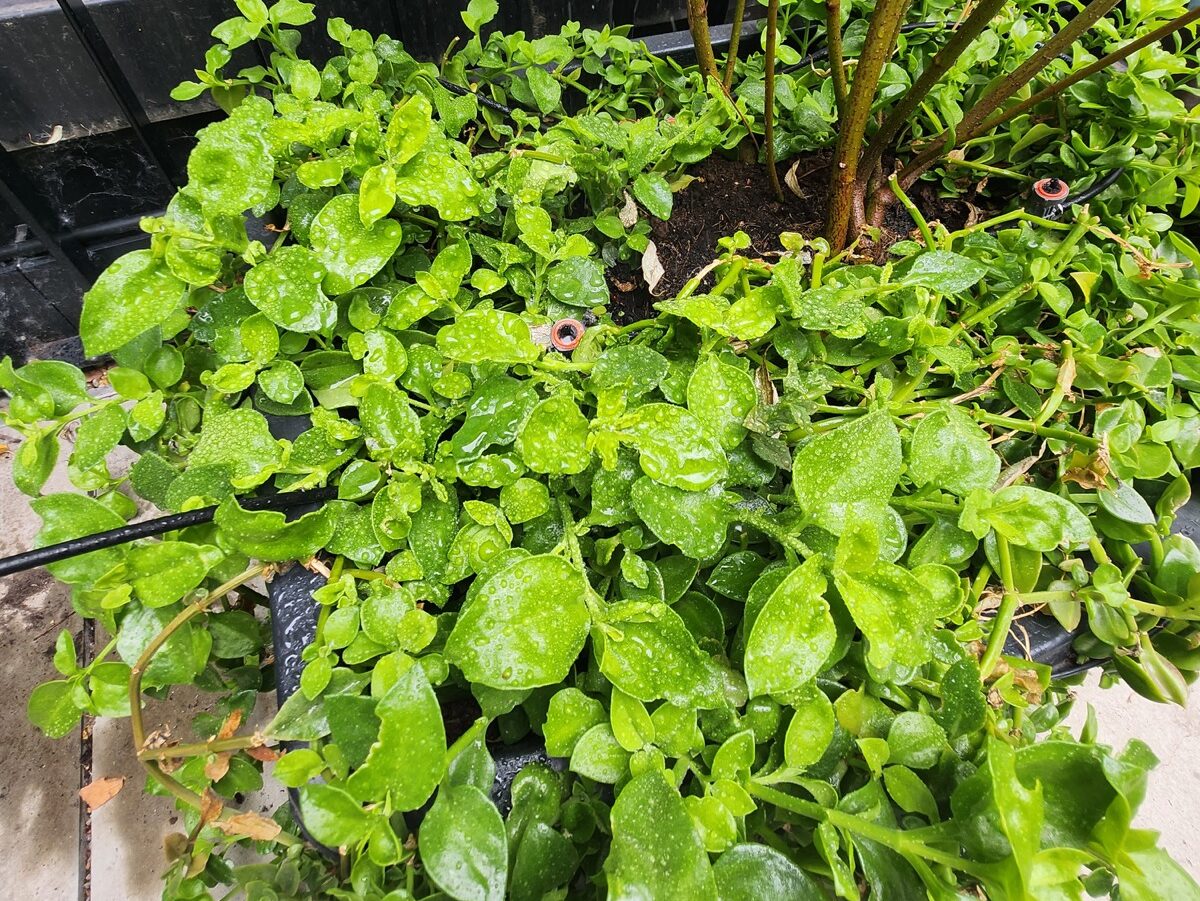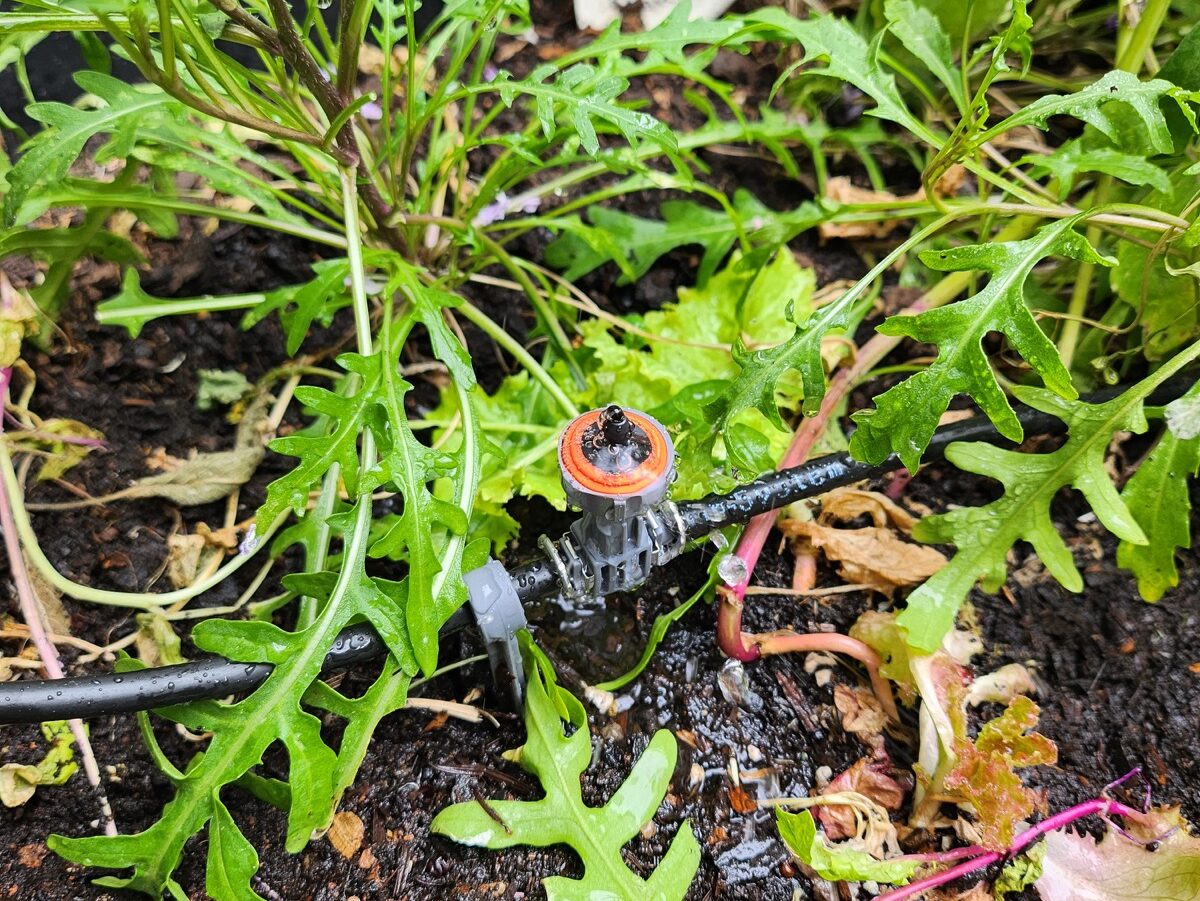
The project, «Water for the Plants,» focuses on the FLUX-terrace of VZA7 in Vienna and aims to manage water resources efficiently for plant care. The project explores the historical significance of water in Vienna, emphasizes the importance of water regulation for urban trees, and draws inspiration from global examples, such as New York rooftops, Murcia’s Huerto Urbano, and Vienna’s Floating Gardens. The aquaCura concept proposes an intelligent irrigation system with rainwater treatment, emphasizing resource conservation, smart technology, and green care practices.



The study area includes the FLUX-terrace of VZA7 in Vienna, with a broader exploration of water-related aspects in the city, such as the Vienna River, Danube Canal, and Stadtpark.
The methodology involves a combination of historical research, case studies from global locations, on-site observations, and the development of the aquaCura concept. The project encourages hands-on learning through practical applications and draws connections between theoretical knowledge and real-world solutions.
Educational materials include research findings, case study analyses, sketches illustrating the aquaCura concept, and examples of traditional irrigation methods. Visual aids, such as photographs and diagrams, enhance the learning experience.
The initial evaluation involves an exploration of Vienna’s water history, understanding global irrigation practices, and a preliminary assessment of the FLUX-terrace’s water management needs. This phase aims to identify key challenges and opportunities.
The formative evaluation focuses on the development of the aquaCura concept. It includes feedback loops from stakeholders, refinement of the irrigation system components, and the integration of smart technology. This phase ensures continuous improvement and adaptability.
The final evaluation assesses the implementation and effectiveness of the aquaCura concept on the FLUX-terrace. It considers resource conservation, plant health, and the overall impact on the urban environment. Stakeholder feedback and measurable outcomes contribute to the project’s success evaluation.

